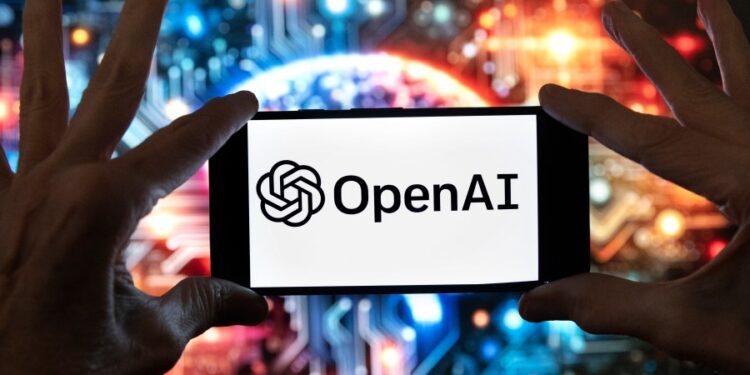
Quick, without looking at your phone, what’s your spouse’s phone number? What about the number for your parents, or children, or siblings, or best friend?
Chances are that you only know, at most, a few of those people’s phone numbers by heart, but just a couple decades ago, you’d have known all of them and likely many more.
So what changed? Technology. Your phone keeps all that information for you now, so there’s no need to waste brainpower on it.
Similarly, with artificial intelligence growing in capabilities and popularity, humans are outsourcing more of their brainpower to computers, though in this case, it’s critical thinking skills, not our mental Rolodex, that are suffering, according to researchers from Microsoft and Carnegie Mellon University.
As reported by 404 Media, the researchers found that people start to rely on AI instead of thinking critically about what’s being produced, sometimes to the point of missing errors made by AI, “raising concerns about long-term reliance and diminished independent problem-solving.”
“[A] key irony of automation is that by mechanising routine tasks and leaving exception-handling to the human user, you deprive the user of the routine opportunities to practice their judgement and strengthen their cognitive musculature, leaving them atrophied and unprepared when the exceptions do arise,” the researchers said.
And the problems became more pronounced in workers who had more confidence in AI.
“When users had less confidence in the AI’s output, they used more critical thinking and had more confidence in their ability to evaluate and improve the quality of the AI’s output and mitigate the consequences of AI responses,” 404 reports.
In response to this issue, researchers suggested Microsoft and other companies working in the AI field focus on “developing AI tools with this problem in mind and design them so they motivate users to use critical thinking.”







